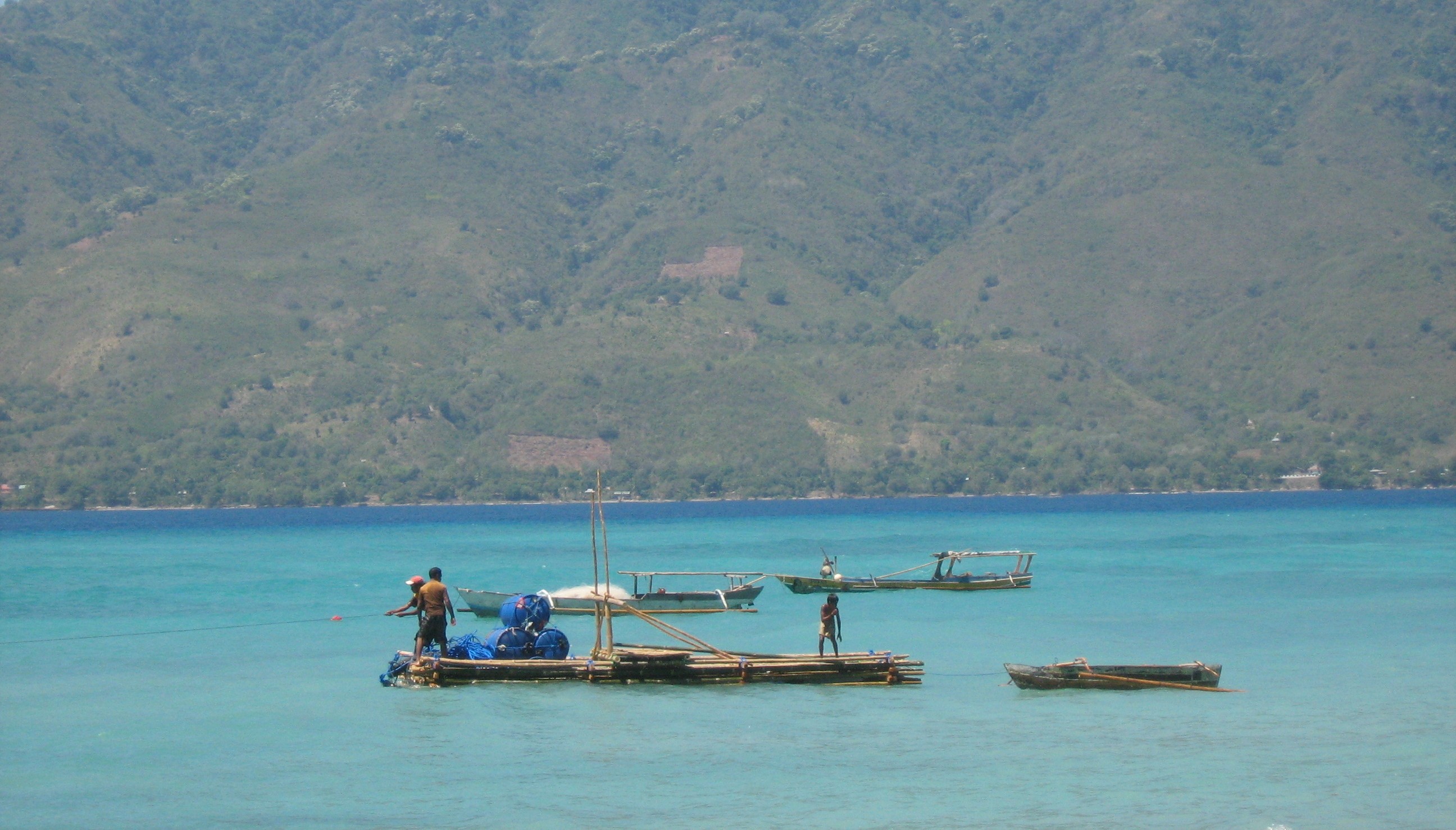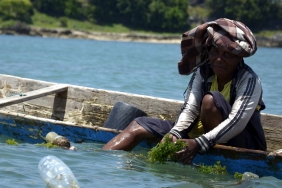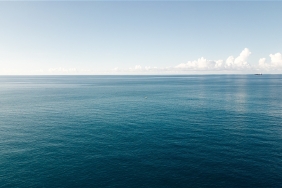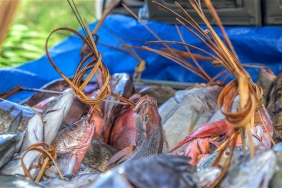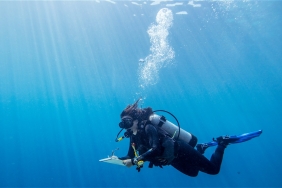EXAMINE WHILE ENJOY THE NATURAL BEAUTY OF ALOR AND FLORES UNDERWATER
By Noverica Widjojo
The sun shone brightly accompanied by a gentle breeze in the middle of the calm blue sea. Feast for the eyes with the crystal clear waters of coral reefs through which the colorful fish.
That was the condition of marine ecosystem in the waters of East Nusa Tenggara when the marine combination expedition team wanted to dive in Flores and Alor to monitor the coral reeds and fosh populations some time ago.
Water Conservation Area Alor and Flores lies in between the island chain in East Nusa Tenggara. This area is not only well-known for its biodiversity, but also the beauty of ecosystem that is used for marine tourism. In some unique points from these two waters there are habitats of sharks, dolphins, dugongs, and tuna, as well as the migration routes of whales. Along with marine ecosystem that are still in a good condition, these waters often attract some fishermen that came from inside or outside the area to catch the fish with not environmental-friendly ways, so the natural sources can be endangered.
For the first time, a combined team from WWF-Indonesia, Wildlife Conservation Society (WCS), the Ministry of Marine and Fisheris of Republic Indonesia, and Department of Marine and Fisheries of Alor and East Flores region, did an expedition research evaluation of ecology impacts from the implementation of KKP Alor in 2012, and East Flores in 2013. The results of this research will become the baseline to be monitored further once every two years.
The expeditions started fromo March 13rd until April 2nd 2014, sailed using vessels sailing motors FRS Menami. A vessels which name means” Napoleon Fish” in Wakatobi’s language, specially imported from Wakatobi to carry the team around the monitoring locations, like Alor Island, Solor Island, Pantar Island, Adonara Island, and East Flores Island. Even though the journey stopped for a while because of some constraints, the expeditions which consist of 15 young researchers still excited and managed to complete the monitoring just in time.
The temporary result which was found during the observation is not disappointing. There are many healthy coral reefs with a large population of fishes, including Demersal fishes (reef fishes), as well as Pelagis fishes (deep sea fishes). However, we frequently found coral reefs that are damaged and even dead due to the bombing and potas spraying which is done by the irresponsible fishermen in order to catch the fishes.
Healthy coral reefs condition will support good fisheries. The coral reefs are not only beneficial as the beach abrasion barrier caused by the sea waves and tides, but also as the important habitat for high protein fishes such as grouper and baronang. KKP Alor and East Flores which is the part of the Coral Triangle, have a major contribution in fisheries sector with high economy value in Indonesia. Therefore, the existence of these two KKP needs to be maintained as well as possible, because it will affect the Nation’s food security. It is not only the government and business sector, even the society have an important role on maintaining the preservation of those KKP. It begins with capture the fishes without explosives or potas by fishermen, application of sustainable fisheries management plan by business entrepreneur, until the implementation of green lifestyle by the consumer with choosing seafood which is captured with eco-friendly measures.
During the expedition, the team’s work is not only observing coral reefs and fisheries on location from morning until evening. They are also enjoying the beauty of Alor Sea and Flores; it’s just like seeing a spontaneous ‘attraction’ such as a group of dolphins playing during the sunset, getting to meet with green turtles when diving and enjoying deep sea life in the night, up until dancing with a group of reef sharks. Even though they are in the middle of the vast ocean, #XPDCFloresAlor team and some FRS Menami crews don’t want to miss the celebration of Earth Hour which was held on March 29th, 2014.
Promptly at 20.30 pm local time, while ‘buang sauh’ around Teluk Hading waters, East Flores, The Captain of FRS Menami turn off lamps on some parts of the boat for about 1 hour. A lamp on the ship’s stern is turned on for safety reason- so the FRS Menami can be seen by other boats passing by. During the switch off act, the team and crew establish their intimacy by having a discussion and taking picture together while enjoying the night sky decorated with bright stars without any air pollution.
Translated by : Thalia Shelyndra

